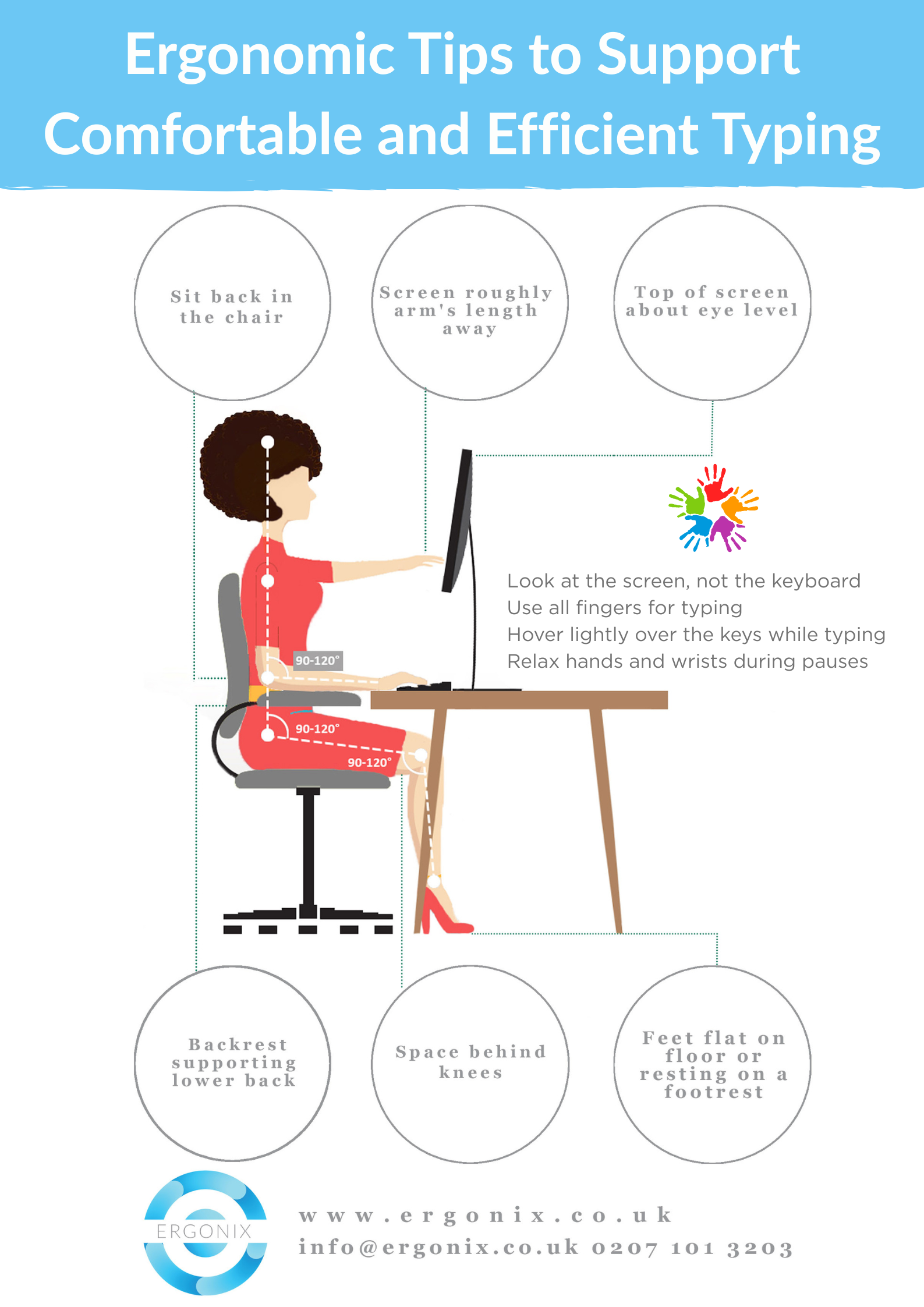 The length of the working week varies, but with full-time employees often working 40 hours or more a week it’s easy to become stressed and overworked, with many even committing to more hours than they are paid for.
The length of the working week varies, but with full-time employees often working 40 hours or more a week it’s easy to become stressed and overworked, with many even committing to more hours than they are paid for.
This culture can easily lead to burnout, and, make you less productive in your role. But is there anything that can be done to create a shift in this habit of overworking?
A major study in Iceland was carried out between 2015 and 2019 by Autonomy and research organisation Association for Sustainability and Democracy (Alda). The trial saw around 2,500 working people across the country (around 1 per cent of the country’s workforce) reduce their weekly hours to between 35 and 36, with no reduction in pay, to see what effect it had on productivity and overall well-being.
What were the key benefits seen following the introduction of reduced working hours?
The results of the trial were clear. As well as maintaining or improving service provision, worker productivity levels increased across the majority of workplaces. Overall employee well-being improved, including reduced stress and increased positivity.
Many reported having a positive impact on their relationships with work colleagues. They felt more supported and had more control over their work. These same benefits were felt by those in management positions.
Other positives which came from working fewer hours included people achieving a better work-life balance, and creating more time for themselves and their families. This led to less stress felt at home. Participants also reported carrying out more exercise than before and experiencing an improved wider social well-being.
According to the researchers who carried out the study, analysis of the findings “suggests important lessons for both employees and businesses.”
So could your organisation benefit from implementing reduced working hours?
The answer is, in theory, yes. The Icelandic trials were such an overwhelming success that, since completion, 86 per cent of the country’s workforce are now working shorter hours or gaining the right to reduce their hours.
Organisations from across Reykjavík City Council and the Icelandic Government were involved in the trials, from schools and healthcare providers to accountancy departments and maintenance facilities – workplaces and industries that many often presume would be unable to implement shorter working hours. A positive impact was seen across the board within all participating organisations.
The trials also remained revenue neutral for both the city council and the government and, as such, “the Icelandic trials can play a flagship role in showing how working time reduction should be considered a powerful, desirable and viable policy across contemporary advanced economies.”
This means there is no reason why it wouldn’t work in your own organisation, however, planning is key to making sure it has the desired positive impact.
What strategies would you need to implement to successfully introduce shorter weekly hours?
During the trials, a range of methods was used to reduce employees’ working times. Whilst it’s important to recognise that the strategy implemented will be most effective if made unique by each workplace, here are some of the key methods used within the organisations involved:
- Ensuring the more effective prioritisation of daily tasks to ensure workload can be carried out efficiently within a shorter working day.
- Delegating and designating tasks more effectively among staff.
- Encouraging staff to run personal errands outside of working time, with the exception of certain appointments such as healthcare visits.
- Fewer, shorter, more focused meetings within the workplace and replace meetings with emails where possible.
- Reduction in time spent on coffee breaks – although breaks away from workstations, particularly office-based staff, will still be needed to avoid employees sitting at their desks for long periods of time.
- Introducing more lean management processes to improve and increase the efficiency of tasks.
What can we learn from this trial?
A major concern raised by many before the Icelandic research, and perhaps a common one in general among organisations, was that a reduction in hours would lead to staff being overworked and more stressed.
However, this was actually proven unfounded. The analysis said that “the stated reduction in working hours did lead to staff actually working less as a direct result of workplaces implementing new work strategies, and through organising tasks via cooperation between workers and managers.”
It is these new strategies and changes to the organisation of work that appear key to the success of the trail – including streamlining the way tasks were completed; cutting out unnecessary tasks, as well as shortening meetings and changing shift arrangements. The benefit of reduced hours incentivised people to organise their own work more efficiently, leading to an overall increase in productivity and output.
The benefits stated above, to both the employees and the organisation itself, are clear. However, it remains to be seen whether this blueprint will be introduced within UK workforces. But with the positive results speaking for themselves, there is no reason why you shouldn’t consider it as an option within your organisation to pave the way for a happier, healthier and more productive workforce.







